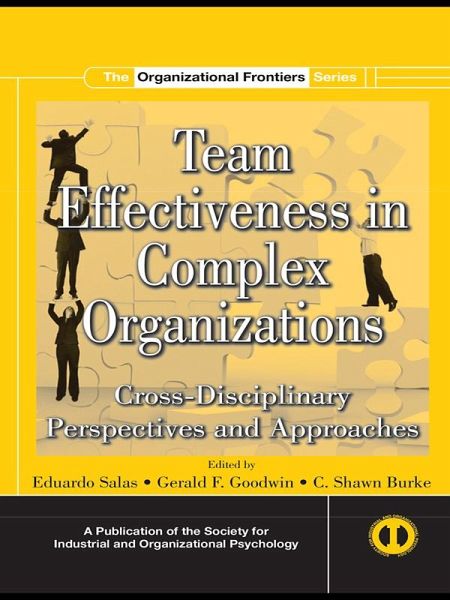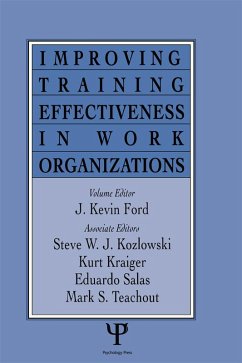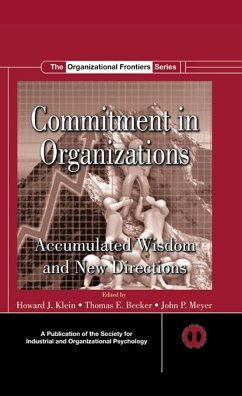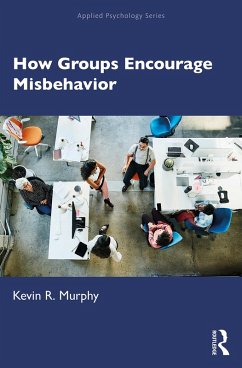Eduardo Salas is University Trustee Chair and Pegasus Professor of Psychology at the University of Central Florida where he also holds an appointment as Program Director for the Human Systems Integration Research Department at the Institute for Simulation and Training. Before joining UCF, he was a senior research psychologist and Head of the Training Technology Development Branch of NAWC-TSD for 15 years. During this period, Dr. Salas served as a principal investigator for numerous R&D programs that focused on teamwork, team training, simulation-based training, decision-making under stress and performance assessment and measurement. Dr. Salas has co-authored over 300 journal articles & book chapters and has co-edited 19 books. His expertise includes assisting organizations in how to foster teamwork, design and implement team training strategies, facilitate training effectiveness, preventing human error, promote a culture of safety, and develop performance measurement tools. Dr. Salas is a Fellow of the American Psychological Association, the Human Factors and Ergonomics Society, the Association of Psychological Science and a recipient of the Meritorious Civil Service Award from the Department of the Navy.
Jay Goodwin is a Research Psychologist at the U. S. Army Research Institute for Behavioral and Social Sciences. He received his M.S. and Ph.D. in Industrial/Organizational Psychology from Pennsylvania State University. Dr. Goodwin is currently a special projects officer in ARI's Strategic Initiatives Group, with responsibility for topics related to ARI's leader and organization research programs. He is also the ARI liaison for international, defense, and joint R&D. Dr. Goodwin's research expertise is in leadership, team effectiveness, and organizational issues in Joint, Interagency, and Multinational contexts. He was previously employed at the American Institutes for Research, where his project work included test development, employment litigation support with an emphasis on statistical analysis, training evaluation, and performance modeling. He is a member of the Society for Industrial and Organizational Psychology, the American Psychological Association (APA), and APA Division 19 (Military Psychology). He currently serves as an ad hoc reviewer for the Journal of Applied Psychology, Military Psychology and Human Performance, and is a member of the editorial board for Human Factors.
C. Shawn Burke is a Research Scientist at the Institute for Simulation and Training of the University of Central Florida. Her expertise includes teams and their leadership, team adaptability, team training, measurement, evaluation, and team effectiveness. Dr. Burke has published over 60 journal articles and book chapters related to the above topics and has presented/had work accepted at over 100 peer-reviewed conferences. She is currently investigating team adaptability and its corresponding measurement, issues related to team leadership, multi-cultural team performance, multiteam systems, and the training of such teams. Dr. Burke is a member of the Society for Industrial and Organizational Psychology, American Psychological Association, and Academy of Management. She serves as an ad-hoc reviewer for Human Factors, Leadership Quarterly, Journal of Applied Psychology, Human Resource Management, Journal of Occupational and Organizational Psychology, and Quality and Safety in Healthcare. Dr. Burke earned her doctorate in Industrial/Organizational Psychology from George Mason University.















